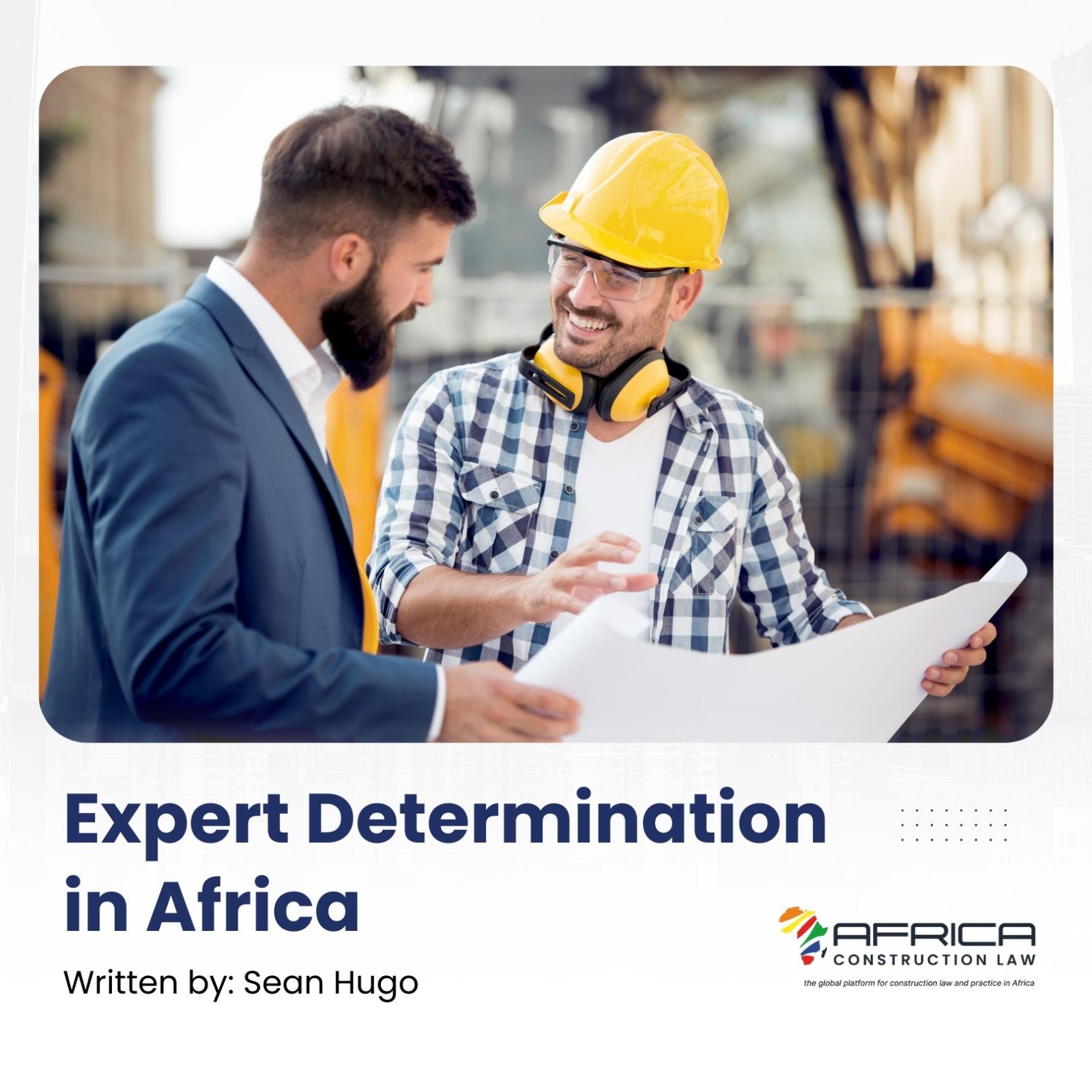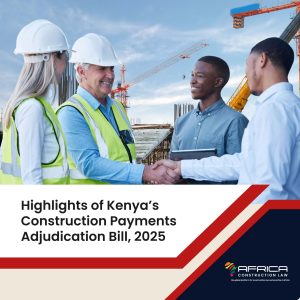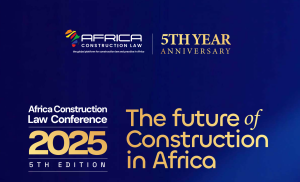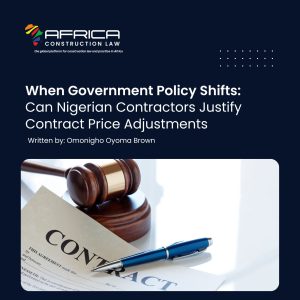What is Expert Determination
Expert determination is a contractual dispute resolution process where an independent expert, agreed upon by the parties, investigates the issue and makes a binding or non-binding decision, depending on the contract. A key aspect, and arguably an advantage over other forms of dispute resolution, is that the matter will be decided by an expert who has very specialised and applicable expertise in the specific disputed matter.
Expert Determination can take the form of a “final and binding’ or a “non-binding” decision; the differences between these two options are very material, with their own advantages and disadvantages. Sometimes, an overlooked complication is that the Contract is not clear on whether the Expert’s decision is binding or not.
Final and Binding Expert Determination
When a contract clearly states that the expert’s decision shall be “final and binding,” the legal effect is straightforward. The parties are contractually obligated to accept and comply with the determination. The expert’s decision concludes the dispute and cannot be appealed or revisited, except in rare cases such as fraud, manifest error, or where the expert exceeded their contractual authority (known as acting outside their “jurisdiction”).
Courts generally enforce final and binding expert determinations as part of the parties’ agreed contract terms. The prevailing party may seek a court order to enforce compliance, typically by claiming breach of contract if the losing party refuses to honour the decision. Importantly, courts do not re-examine the technical merits of the expert’s conclusion.
This finality is one of the main advantages of expert determination — offering speed, certainty, and closure. However, it also means there is very limited scope for challenge, which makes clear drafting essential.
Non-Binding Expert Determination
In some cases, parties may choose for the expert’s determination to be “non-binding” or advisory. This approach is often used when the goal is to receive a neutral opinion to help resolve a dispute without escalating it to litigation or arbitration. In such cases, either party can reject the expert’s findings and proceed to a more formal dispute resolution process.
Non-binding determinations are helpful in pre-dispute assessments, pricing reviews, or early stages of conflict where a technical view may clarify misunderstandings. However, they do not carry legal force, and a party’s refusal to follow the recommendation does not, by itself, constitute breach of contract.
What happens if the Contract is unclear on the decision being “Final and Binding” or “Non-Binding”
The most legally problematic scenario occur when the contract does not specify whether the expert’s determination is “final and binding” or “non-binding”. In such cases, courts are left to interpret the parties’ intentions. Looking at several seminal cases in the court of England and Wales, it appears that the courts have considered the experts decision as “Final and Binding” despite the contract being silent.
Difference between Expert Determination and Arbitration
The differences between Expert Determination and Arbitration are often misunderstood. It is key that parties to a dispute understand the differences to avoid complications (read further costs) later down the road. The distinction and separation are so important that most Expert Determination clauses contain the following:
“the expert shall act as an expert and not as an arbitrator”
Why is this distinction important?
The distinction that “the expert shall act as an expert and not as an arbitrator” is crucial because it preserves the informal, technical, and limited role of expert determination.
An expert is expected to apply their specialised knowledge to technical or factual issues, not to conduct legal proceedings or resolve legal rights and obligations as a judge or arbitrator would.
If the expert acts like an arbitrator — for example, by deciding on legal disputes or conducting formal hearings — the expert determination risks being challenged and invalidated.
This distinction ensures the process remains fast, cost-effective, and final, and protects the enforceability of the expert’s decision through contract law rather than more complex arbitration or court procedures.
Generally, it is wise for the expert to chart a wide berth around matters of contract and law; however, what happens if the expert has no option but to be guided by the contract and/or the Law to reach his or her decision?
Sometimes the answers to technical questions depend on interpreting the contract, for example, what method of delay analysis or valuation was required under the contract. In such cases, an expert must look to the contract to be guided accordingly in carrying out his or her evaluation and in reaching a decision. However, an expert cannot decide that the clause governing the method of delay analysis or valuation is, for example, invalid or that either party has breached the contract. The key takeaway is that experts can interpret the contract to the extent necessary to apply their expertise, but they must not decide legal disputes about the contract.
An even trickier situation that an expert may find themselves in is when the contract is silent and the expert looks to the Law for guidance with their technical evaluation. As an example, a dispute arises involving the installation of defective equipment, where the construction contract required the contractor to complete the works using “reasonable skill and care”; however “, reasonable skill and care” was not defined under the contract. In this instance the expert may have to refer to general legal principles under the applicable law to ascertain exactly what “reasonable skill and care” means, the expert would then proceed with the assistance of the legal definition of “reasonable skill and care” in order to determine if the equipment was installed to that standard.
In summary, experts can use legal context to guide technical determinations, but they must avoid acting like arbitrators or judges.
Expert Determination in Africa
We have looked at the nuances related to the expert determination process, but what about the cultural acceptance of the expert determination process? Taking Africa as an example, is expert determination a good fit for dispute resolution in Africa?
Many African societies have historically embraced a consensus-based approach to dispute resolution, which prioritises communal harmony, relationship preservation, and practical fairness over legal confrontation. Disputes are traditionally resolved through dialogue and mediation, often led by respected “elders” who guide the parties toward mutually acceptable outcomes. This model places high value on non-adversarial processes, neutral authority, and community cohesion.
This cultural orientation aligns closely with the principles of expert determination, a private, contract-based dispute resolution mechanism. Expert determination involves appointing a neutral specialist to decide on a specific technical issue, often without the need for formal hearings or legal procedures. Its emphasis on efficiency, expertise, and informality makes it a culturally intuitive method of resolving disputes in the African context.
While modern commercial disputes may involve complex legal frameworks, the underlying values of dialogue, authority-based resolution, and social balance continue to influence dispute resolution preferences across much of Africa. As such, expert determination offers not only procedural efficiency but also cultural legitimacy, particularly where parties seek resolution without escalation or public conflict.


















